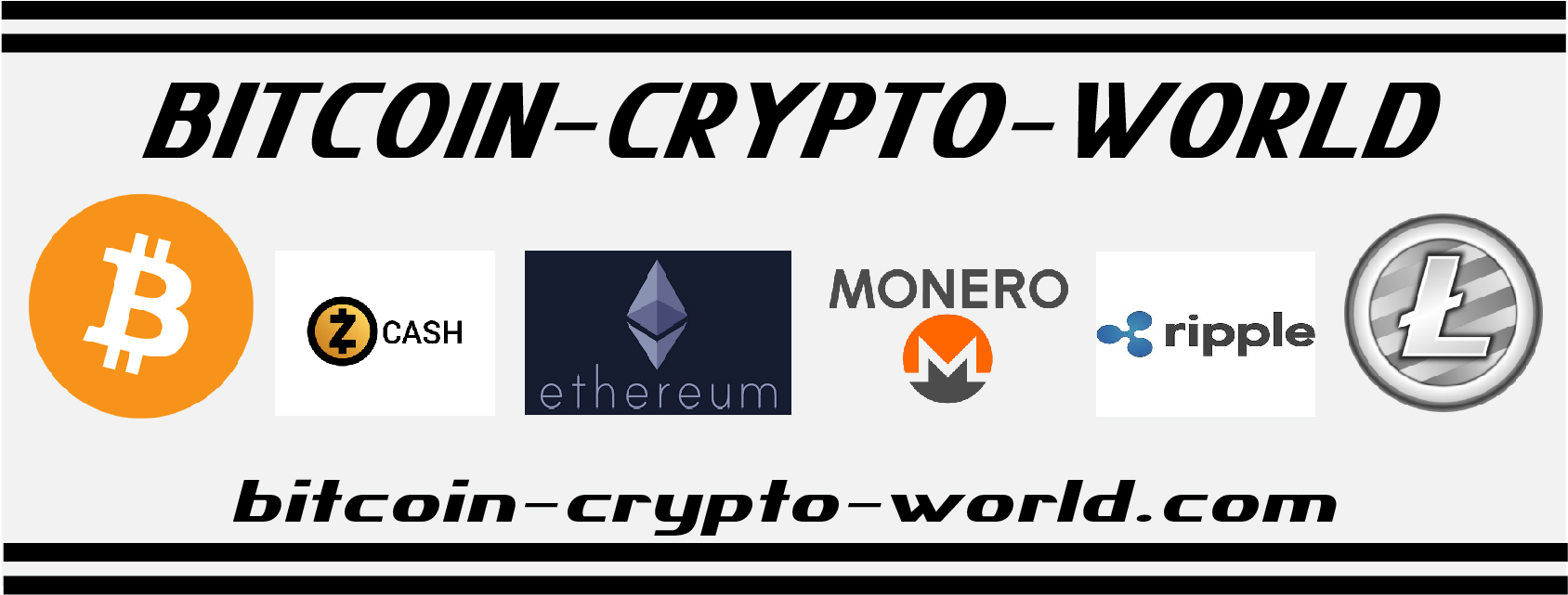Bitcoin Wallets Explained
Bitcoin and Crytocurrencies are normally stored in 'Digital Wallets' which is a bit confusing because they do not actually store any bitcoin or cryptocurrencies. These are actually stored on the 'Blockchain' of that particular currency. Wallets essentially hold the 'Private Keys' that give users the right to use those coins. Each wallet comes with at least two keys - one public, and one private. (Multisig wallets can be set up to have more signatories and as such will store more keys) The 'Public Key' allows any person who holds cryptocurrency to send a sum of cryptocurrency directly to any another user - there is no central authority that needs to approve a transaction as in our current banking system. This is known as a 'Peer to Peer' transaction. The 'Private Key' must be kept as secure as possible - anyone who has control of it has access to the cryptocurrency associated with it. Software wallets, web wallets, and paper/cold and hardware wallets. As a general rule, 'Hardware Wallets' are the most secure and practical form of cryptocurrency wallets, however, unlike software and paper wallets, they cost money. SOFTWARE WALLETS: A 'Software Wallet' is a wallet installed on a computer that you actually control yourself. Ideally, only you have access to the 'Private Keys' that are stored in that wallet. Getting a Bitcoin software wallet is as simple as picking which wallet you would like to use and downloading it. That blockchain download is the main barrier to using a software wallet. This is required for any locally stored software cryptocurrency wallet. The file size is quite large and grows with each transaction. PAPER WALLETS: these are the closest thing that cryptocurrencies have to a physical form. Private and public keys can be Using the public key, you can send cryptocurrency to the paper wallet without bringing it backonline. However, if you want to spend any of that money, you will have to bring the private key back online and “sweep” the account into an online or software based wallet. WEB WALLETS: 'Web Wallets' or online wallets are the most convenient of those available. These make it easy to access your cryptocurrency funds to purchase items, or to trade on an exchange. They are run by third party companies. The trade off is having to trust that third party for your cryptocurrency security. They also vary in function and capability with their ability to integrate with fiat currency and banking services, credit/debit cards, merchant sites, multi signature capabilities for shared accounts amongst some. They are more convenient than other wallets in that some are set up so you can access your funds from any device. Care needs to be taken as your funds are at the control of an outside entity and are fine as long as that entity remains secure. If something goes wrong there are few options available other than your own negotiations with that entity. COLD WALLETS: Cold wallets are simply any kind of wallet that is not connected to the internet. It can be a paper wallet (see above) or a software wallet stored on a USB drive or other removable storage device. These wallets are also kept offline on your USB device (see below to purchase), but can be brought back online easily without “sweeping” the entire account like in Paper wallets. The blockchain will have to updated but getting back online is a fairly straight forward and quick process. They essentially work like a USB stored wallet or as a way to securely keep track of several paper wallets. Cold Hardware wallets that can only be accessed with physical contact to the wallet. BRAIN WALLETS: A computer makes up a pass phrase of random words the user commits to memory. That pass phrase can be used to regenerate a cryptocurrency private address. The pass phrase can be written down or memorized, but like a private key, anyone who has it, has access to the wallet's funds so its important not to share or lose it. Other options are to download to your mobile device one of the many wallets offered by independent suppliers. These keep you in control of your keys but each has its benefits and drawbacks and a wide range of security features. IMPORTANT THINGS TO NOTE:If you do not control your wallet's private and public keys - you do not control the funds in your wallet. Understand what you are doing before embarking head long into this space. If you do not set these wallets up and save them properly with adequate back up options you risk losing your funds and cryptocurrency. Bitcoin and most cryptocurrencies use a “trustless” system, meaning you don't have to give merchants or other person you transact with any of your personal information. This fundamental function makes cryptocurrencies inherently safer than fiat currencies. However, as with any new, emerging and confusing technology, there are an increasing number of fraud and scam attempts operated over the internet, looking defraud you of funds. Fortunately, to combat this, there are many options available to give users the right mix of security and ease of access to their funds. These must be set up initially with the knowledge and care required to avoid losses. Check out our seminar and one on one sessions to help you through this. For full details contact us at: seminars@jmlmarketing.com.au
|
PURCHASE YOUR HARDWARE COLD WALLET:If you’re serious about securing your Cryptocurrency, buy a USB Hardware Wallet. If however, you’re only storing a small amount, you can use one of the many free software wallets available. To purchase one of the leading hardware cold wallets available, click on the image below:
|
HOW TO TRADE & BUY BITCOIN and DIGITAL CURRENCY
You can set up your own account and start buying and trading Bitcoin with the links provided on our Buying & Trading Digital Currency page.
You need to deal with reputable companies and learn how to properly set up and use Digital Wallets, Exchange Trading Accounts, keeping your Cold Storage Funds and much more.
A WORD OF WARNING - whilst you can set up to buy and trade by yourself, there are many traps and scams that can cause new entrants into the market to lose their money either by hacking or simply setting up and securing their accounts incorrectly.
We strongly advise you consider the service and back up we offer to get you started, so as not to make the costly mistakes many have made before you in trying to get into these markets without assistance and back up support.
Bitcoin Wallets Explained
Bitcoin Mining





